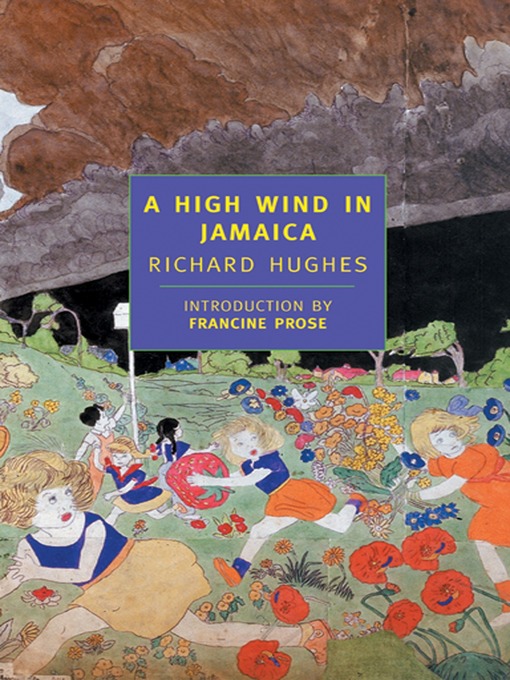

For writers, this is a really good example of how to ‘show’ instead of ‘tell’. The book is mostly narrated through Emily’s eyes, giving us her perspective on events. However, the really scary thing about this book is that it is never unbelievable. At times her selfishness is slightly overplayed – I wondered, occasionally, whether Emily was on the road towards psychopathy. Hughes’ portrayal does not flinch from some unpleasant truths, such as the fact that for many children, kindness does not come naturally. The main character, Emily, who is about ten, is a fascinating, frightening study of a child’s mind. The plot seems tenuous at first, but soon shows its teeth. Parents, finding that they see through their children in so many places the child does not know of, seldom realise that, if there is some point the child really gives his mind to hiding, their chances are nil. A child can hide the most appalling secret without the least effort, and is practically secure against detection. Grown-ups embark on a life of deception with considerable misgiving, and generally fail. What seems at first an exciting adventure unravels into chaos, and a terrible loss of innocence.


The ship is captured en route by a band of pirates, and the children are kidnapped.

The Bas-Thornton brood, who have grown up on their family’s small estate in Jamaica, survive a devastating tropical storm, and their parents decide they must be sent back to England. Jamaica is in many ways a grim parody of Victorian children’s adventure novels. Despite the principal characters being young children, I would not recommend this for young readers – it has some ugly, unpleasant content. Most prominent: civility’s dependence on civilisation. Published in 1929, Jamaica predates Lord of the Flies by 25 years, and it is easy to see how it paved the way, as the two books concentrate on many of the same themes. Best described as a bridge between Lord of the Flies and Treasure Island, this slim volume is an elegant and disconcerting read. Looking at the sunny, tropical cover, I did not expect much substance from this novel, but A High Wind in Jamaica packs considerable psychological weight into its 170 pages.


 0 kommentar(er)
0 kommentar(er)
